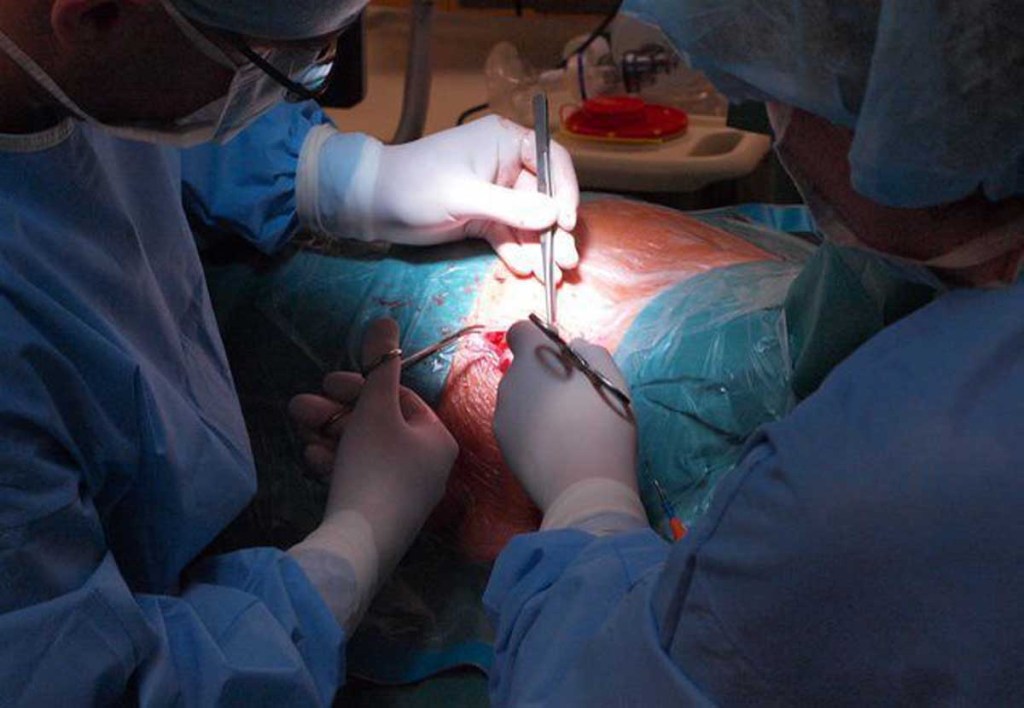VA considers gender-confirming surgery for veterans
Published 2:30 pm Wednesday, June 8, 2016

- VA considers gender-confirming surgery for veterans
WASHINGTON – As debate swirls around who can use what restroom, the Department of Veterans Affairs is placing itself on the side of what makes sense.
It is moving to change regulations so VA hospitals can provide gender-confirming, or gender reassignment, surgery. This procedure alters a transgender person’s sexual characteristics in order to match the individual’s sexual identity.
“This rulemaking proposes to remove a restriction. . . that prohibits VA from providing medical services that are considered gender alteration,” according to a document posted last week on a government regulations website.
The Williams Institute, a University of California at Los Angeles think tank on sexual orientation and identity, estimates there are about 134,000 transgender veterans or retirees from the National Guard or the Reserves. There is no estimate on the number that might seek the surgery at the VA.
Explaining the change in position, the VA document said such procedures previously “were not deemed to be medically necessary. However, increased understanding . . . and surgical techniques in this area have improved significantly, and surgical procedures are now widely accepted in the medical community.”
There also is increased controversy following political pressure to treat transgender people fairly.
The Obama administration and North Carolina sued each other over a state law requiring people to use public restrooms consistent with their sex at birth instead of their gender identity. The administration also pushed schools to allow students to use restrooms consistent with their gender identity. That prompted several states to fight what the administration called “significant guidance” in court.
The VA’s proposal has had a much lower profile than these cases, but it might not stay that way.
“In my more than five years as House Committee on Veterans’ Affairs chairman, I’ve presided over a multitude of hearings and heard from countless witnesses, including VA and veterans service organization officials, veterans and their family members. In all that time, not once has anyone raised this issue as a pressing need,” said Rep. Jeff Miller, R-Fla. “Additionally, in the nearly two years I’ve known VA Secretary Bob McDonald, not once has he suggested this issue is a pressing need. That’s why I’m calling on him to publicly explain why VA should be in the business of performing sex-reassignment operations that have no connection to military service at a time when the department is struggling to provide even the most basic services to veterans and major problems plague almost every corner of the organization.”
But supporters of transgender veterans say the VA should serve their medical needs just like it does for other veterans.
“So many of our nation’s heroes, including transgender veterans, rely on the VA for medical care — care that they have earned serving our nation,” said Ashley Broadway-Mack, president of the American Military Partner Association, an organization that supports partners and spouses of LGBT troops and veterans. “Gender confirmation surgery is often a critically important and medically necessary treatment for many transgender veterans, and lifting this ban is long overdue.”
Lifting the ban would make the VA consistent with Medicare, the government program that funds health care primarily for the elderly. Medicare has covered gender-reassignment surgery for two years. For Medicaid, which provides care for low income people, the operation is a state-by-state decision.
The VA isn’t saying when the operations could begin. In fact, the VA press office won’t even call the plan a proposal, despite the department’s document saying the plan is in the “proposed rule stage.”
“We have been told by our policy folks to make it clear that VA is exploring a regulatory change because the term proposed rule has a specific legal meaning and we are not there yet,” a VA spokesperson said.
Whatever the language, it is clear that providing gender-confirming surgery is on the VA’s agenda.




